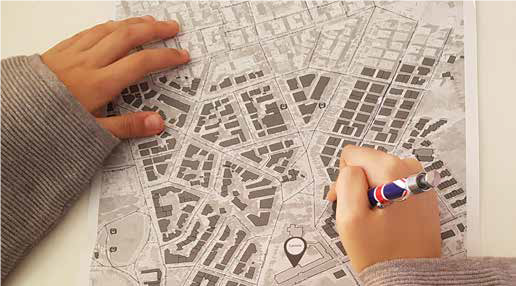
Overview
A resilient city is an open, just, and adaptable city prepared to respond to challenges that might occur while being capable of enabling its citizens, especially children, to thrive. A resilient city demonstrates inclusive decision-making processes, integrated systems, and resourceful plans. Thessaloniki designed a range of action plans aimed at embedding children’s rights into decision-making processes and urban planning approaches. By elevating the position of the child in the city’s agenda, the intervention urged for an institutional shift by primarily raising awareness of the importance of the issue and ensuring acceptance of the child as an equal citizen.
Location:
Thessaloniki, Greece
Organisation:
Municipality of Thessaloniki
Partner organisations:
100 Resilient Cities Network, Thessaloniki Child Friendly City Advisor: Maria Sitzoglou, World Bank, GFDRR.
Beneficiary:
Children 0-5, Children 5+, Caregivers
Scale of proximity:
City
Built environment component:
Planning Policy
Implementation insights
Child friendliness can be a driver for urban resilience as it is a cross-cutting theme. Thinking through the child’s perspective provides innovative and resourceful solutions.
Gaining the “political will” to ensure awareness and secure funding
Achieving cross sector engagement and multi-stakeholder partnerships
Designing communication tools to translate children’s ideas into “adult language”
Discovering where mutual interests between different stakeholders lie
Recognising the time needed for institutional and cultural shifts
Links:
https://thecityateyelevel.com/app/uploads/2019/06/eBook_CAEL_Kids_Book_Design_Kidsgecomprimeerd.pdf
https://www.arup.com/perspectives/publications/research/section/thessaloniki-resilience-strategy